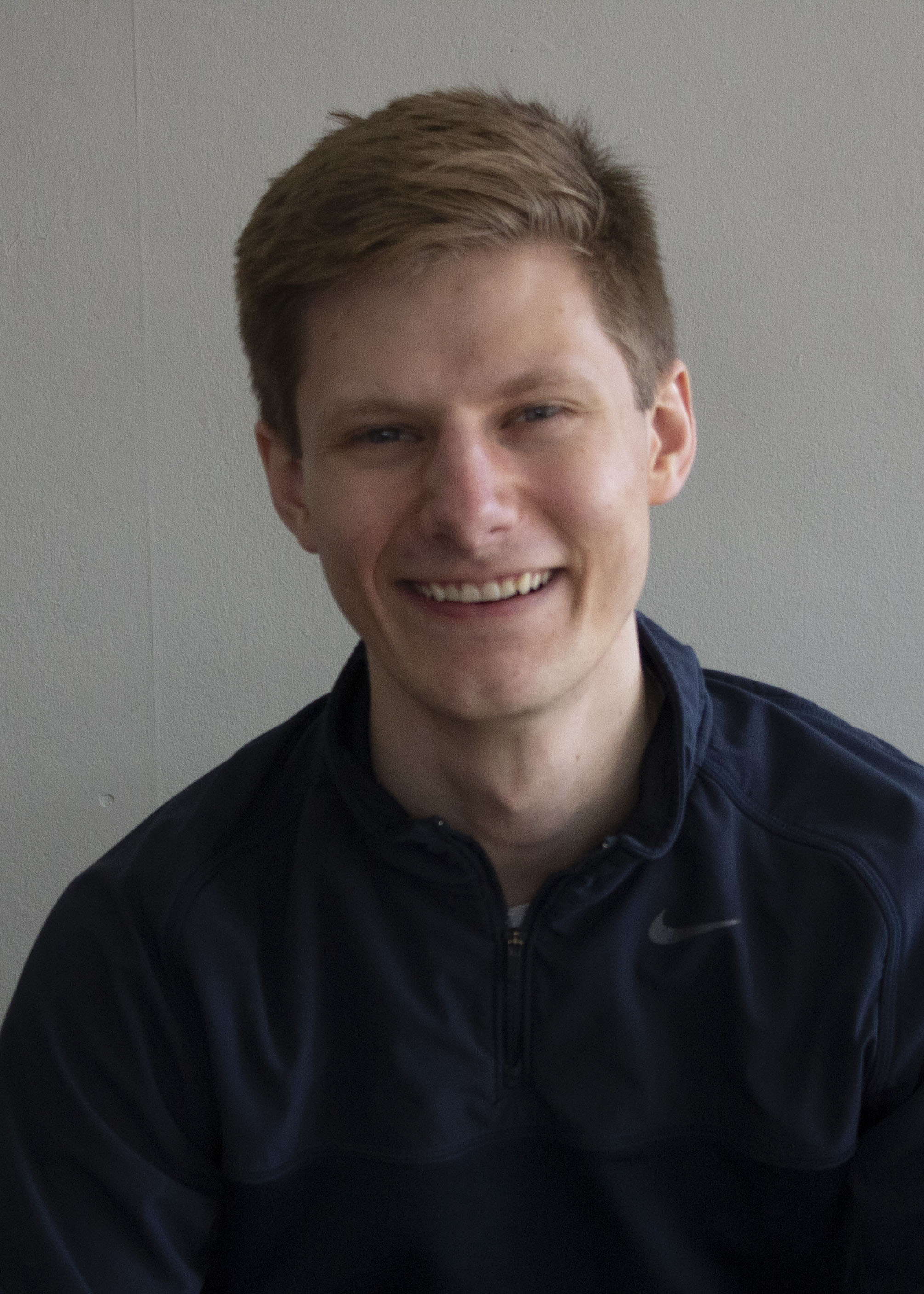Alumnus selected as fellow for Mitch Daniels Leadership Foundation

“The goal of the fellows program is to attract and nurture talent,” Mitch Daniels, president of Purdue University and a former governor, said in a statement. “We want to inspire and support younger people, recruit them to extend Indiana's 21st century record as a leadership state in innovation and creative good governance.”
The Indiana-centric mission of the foundation resonated with Albaugh. “Living in Indiana has provided me with many unique opportunities that I wouldn't have had anywhere else,” he said. “I was able to attend Purdue because of the generosity of Eli Lilly; I got a great education at the Weldon School, and I got all the tools and mentorship I needed at the Purdue Foundry to start Predictive Wear.”
His gratitude inspired a desire to give back, to help make Indiana a better place to live and work.
MDLF fellows are immersed in a structured curriculum for continued learning and development. They are matched with a leader who will mentor them on a project. When the fellows graduate in a year, they’ll pitch their idea for change.
Albaugh will be focusing on developing Predictive Wear, an award-winning medical device company he co-founded with fellow Weldon School alumnus Pablo Argote. Predictive Wear uses biomedical engineering, textiles, and predictive analytics to turn garments into advanced biomedical sensors. Currently, the company is developing a smart compression garment to help monitor patients with heart failure and prevent re-hospitalizations.
“This year I want to complete Predictive Wear's first FDA interaction,” Albaugh said of his goals for the fellowship and the startup. “This is our first step towards commercializing our product, and it will allow us to come up with a very thorough design and development plan as well as accurate expectations on the costs and time needed to get our device to market.”
Also on his to-do list: finish fundraising for their seed round, for which the Purdue Venture Fund has recently committed up to $250,000. At the end of his fellowship, Albaugh hopes to have the prototype in a manufacture-ready state for FDA review.
Albaugh knows the odds aren’t high for success. He acknowledges the high failure rate of startups, especially in this field: “Medical devices are especially challenging to commercialize as they are very expensive to create and have extended runways to market due to regulation. I was certain our likelihood of success was less than 5% from the beginning, but it was a worthwhile risk for me.”
MDLF fellows are chosen in part because they are high risk takers. With high risk comes potentially high reward. The reward in this case could one day come in the form of everyday garments that are lifesaving diagnostic tools.
“Pablo and I believe in our mission,” Albaugh said. “We want to radically improve preventative medical technologies.”
Albaugh’s tenure as a MDLF fellow runs through April 30, 2020.
